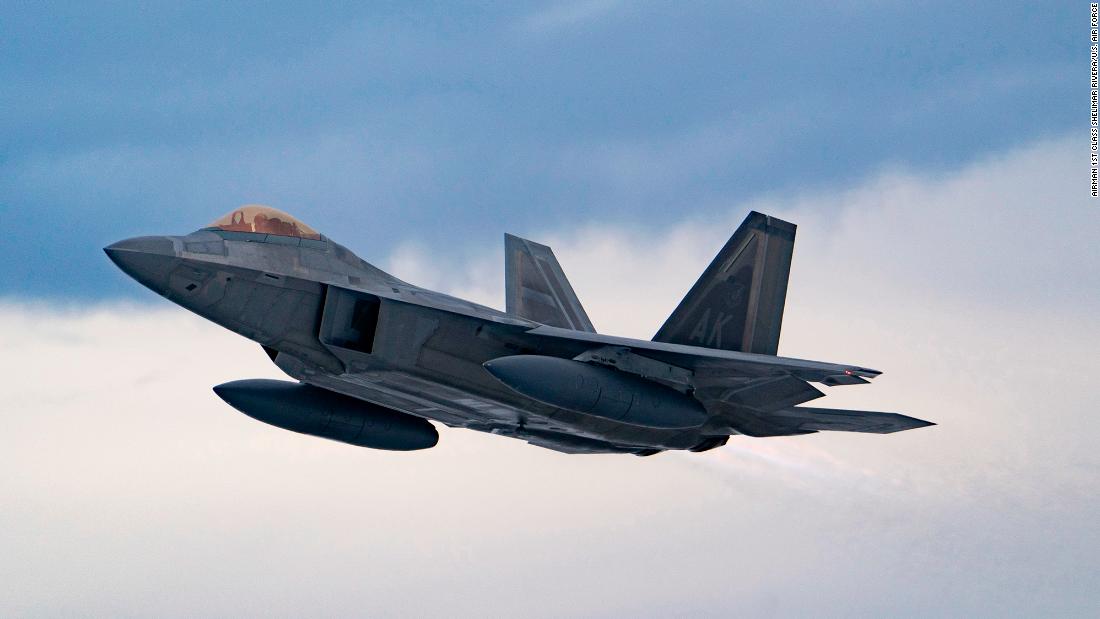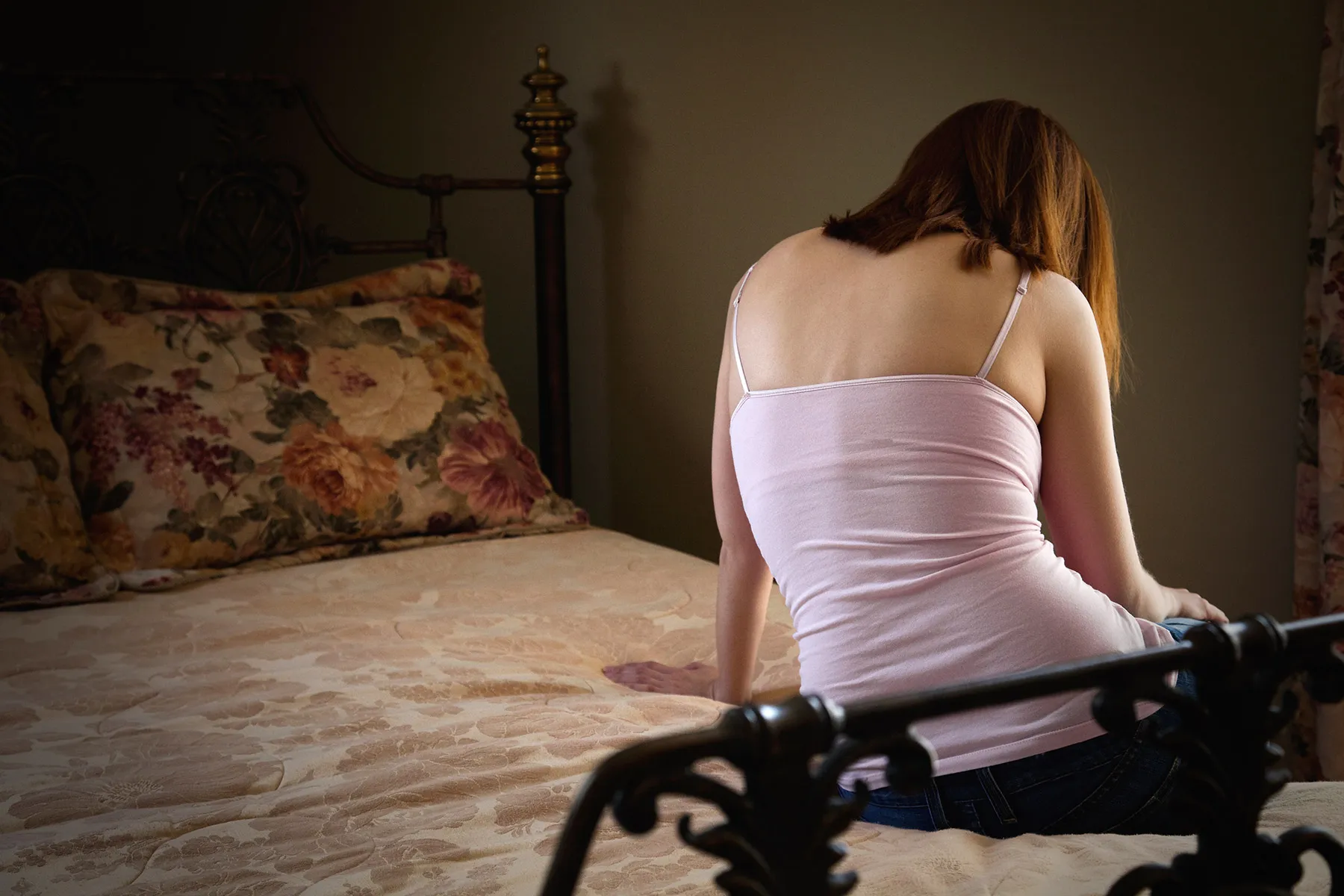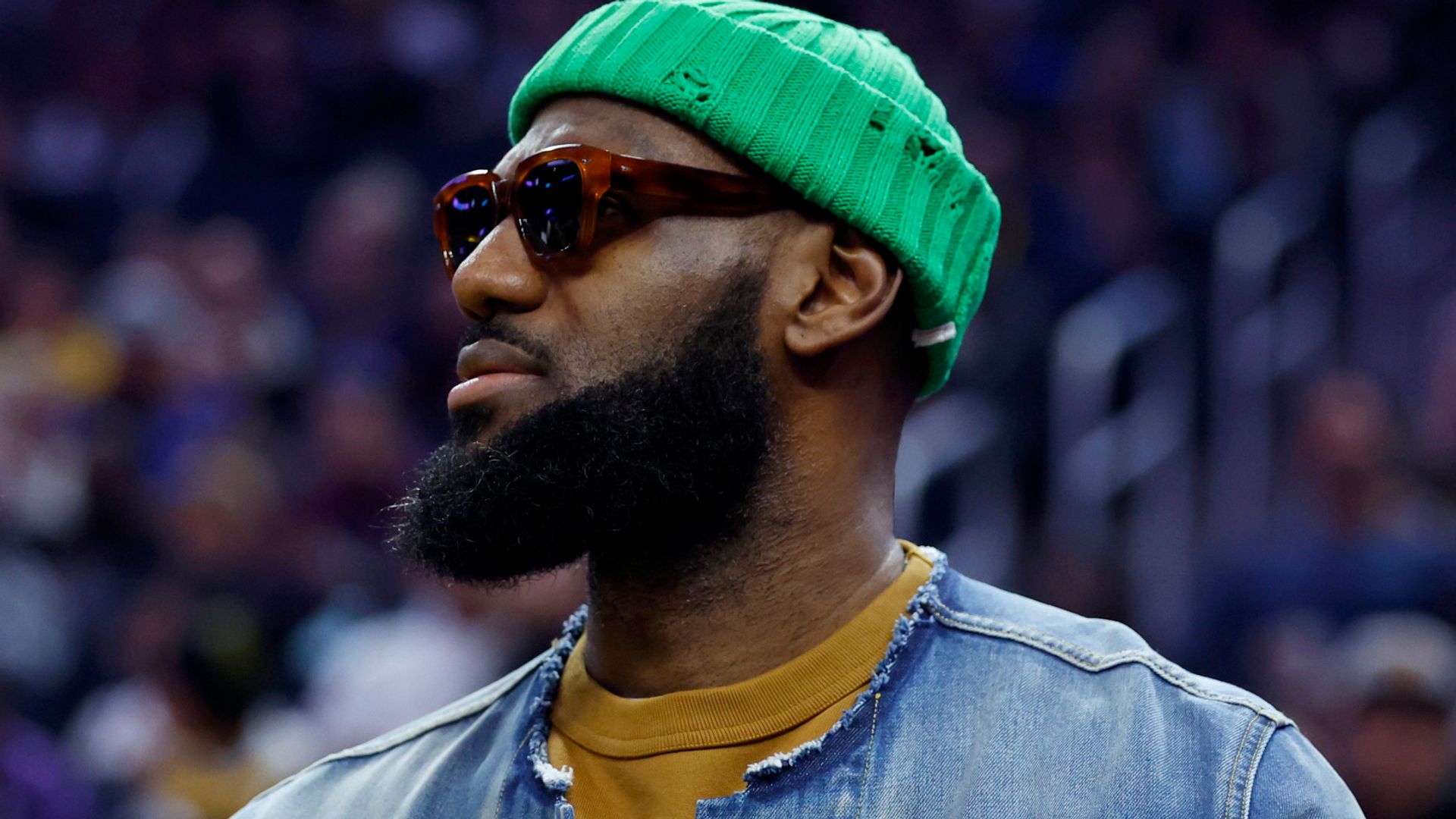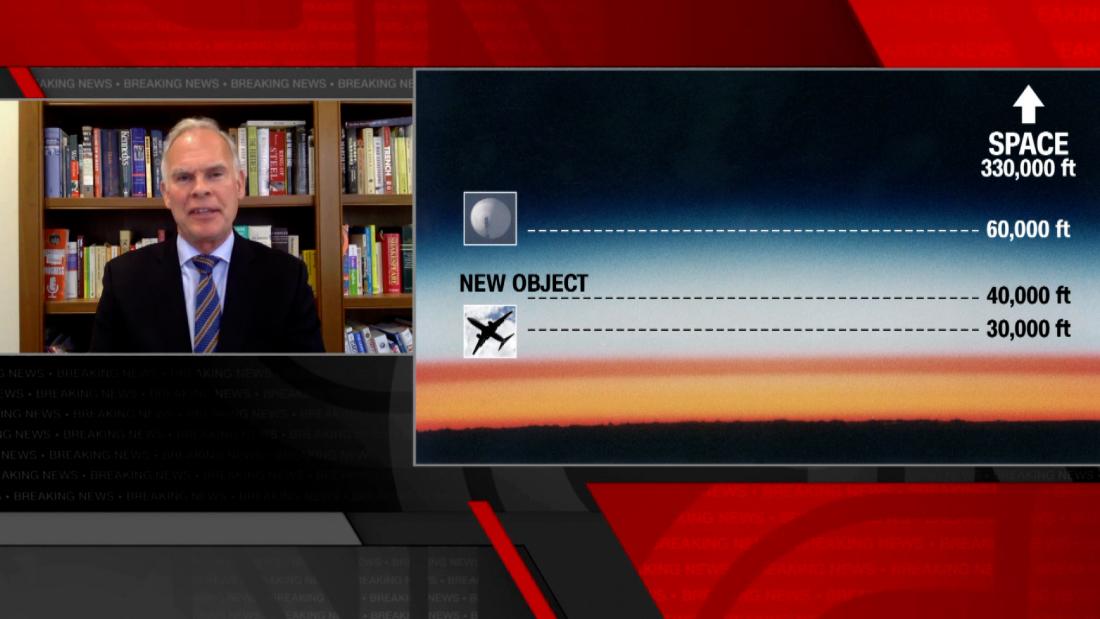Utah Self-Defense Law Makes It Harder to Charge Problem Cops
New Utah legislation allows those accused of a crime to ask for an extra court hearing if they believe they acted in self-defense. Salt Lake County District Attorney Sim Gills acknowledges it will add a “new hurdle” for any prosecutor attempting to charge an officer in fatal shootings.

While many states have made it easier for prosecutors to criminally charge officers accused in fatal shootings of civilians, Utah has made it harder.
While the legislation passed earlier this year didn’t address police directly, Salt Lake County District Attorney Sim Gills says it will add a “new hurdle” for any prosecutor attempting to charge an officer, reports PBS.
The new law allows those accused of a crime to ask for an extra court hearing if they believe they acted in self-defense. That means prosecutors have to prove with “clear and convincing” evidence that the accused weren’t defending themselves.
Individuals charged with a felony or class A misdemeanor can ask for this hearing, unless they are accused of attacking a police officer.
The committee hearings focused on individuals who might argue they acted in self-defense to ward off an attacker, but Gill said police officers can also ask for the additional self-defense hearing.
In order to get a conviction, prosecutors must prove their case beyond a reasonable doubt. Since this legislation means prosecutors must show “clear and convincing” evidence that the person wasn’t acting in self-defense, the standard is higher than prosecutors normally have to reach to get a case to trial.
Over the past six years, officers have fatally shot more than 6,400 people, an average of nearly a thousand a year, or almost three each day, according to the Washington Post, who began tracking these fatal shootings in 2015.
The yearly toll reached a new high of 1,021 fatal shootings in 2020.
While the Post noted there were many “unavoidable” reasons why these fatal shootings occurred, such as officers coming under fire, it also observed that nearly every shooting in its databased was ruled as justified—even though some policing experts contend many could have been averted with less aggressive tactics.
While there are ready explanations for why officer have fired weapons in multiple shootings, former Salt Lake City Police Chief Chris Burbank, who now works at the California-based Center for Policing Equity, says the shootings could be an indication that some officers have become over reliant on their weapons.
Burbank said each shooting should be investigated on its own merits, but departments should, but don’t often, pay attention if an officer fires in multiple cases.
“Just the mere fact that someone’s been involved in multiple shootings is an indicator that you should be watching, right?” he told The Tribune. “Or investigating further.”
Thirty-eight Utah officers have been involved in more than one fatal force incident over the last 17 years, according to a Salt Lake Tribune analysis. Officers were involved in 24 percent of the police shootings tracked in a Tribune database.
Recently, after West Valley City, Utah Police Sgt. Tayler Longman shot and killed a handcuffed man at point-blank range inside the police department two years ago, Gill ruled that the shooting was justified, but was nonetheless “disturbing,” according to another Salt Lake Tribune article.
Even though he thinks it was justified, Gill thinks it could have been prevented and called it “reprehensible” that Longman said, “You’re about to die, my friend,” before shooting.
Gill feels that he had to decide if Longmans shooting was legally justified and then whether he’d prevail at the self-defense hearing, says PBS.
He says prosecutors didn’t believe they had enough to file charges.
“Regardless, even if you could file charges, that’s not a slam dunk. It’s a very difficult process within this structure that we have,” said Gill. “My point was, here’s yet another hurdle in the process that makes it step-by-step more difficult.”
Utah State Rep. Karianne Lisonbee, R-Clearfield, who sponsored the bill, said in a recent statement that the legislation was intended to avoid unnecessary prosecution and dismissed Gill’s criticism of this “new hurdle.”
“This applies whether the accused is a civilian or a police officer,” she notes. “Both have an inalienable right to self-defense.”
As many states have grappled with the issue of when it is appropriate to use deadly force in certain encounters, many have raised the legal standard.
California passed a new law that says an officer can shoot someone “only when necessary in defense of human life.”
In Washington, D.C., Virginia, and Connecticut, a version of a proposal drafted by Cynthia Lee, a law professor at George Washington University, has been adopted.
This model law has three parts:
-
- An officer can’t use deadly force unless the officer reasonably believes it is necessary to prevent harm to themselves or others;
- The officer’s actions must be deemed reasonable under the circumstances; and
- The officer exhausted all other options.
Utah’s existing law only ensures that officers can use deadly force if they reasonably fear for their safety or the safety of another person.
Rep. Jennifer Dailey-Provost, D-Salt Lake City, a co-sponsor of an Act that would limit when police can shoot someone who is suicidal, says she hopes the legislature will focus attention on training officers in the use of deadly force.
“It is more about prevention than reaction,” she said.
Gabriela Felitto is a TCR Justice Reporting intern.

 Landwebs
Landwebs 




















/cdn.vox-cdn.com/uploads/chorus_asset/file/24430706/elon_musk_twitter_for_you.png)

